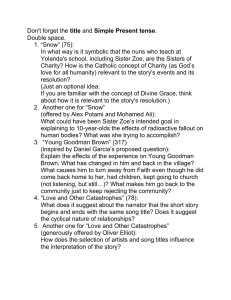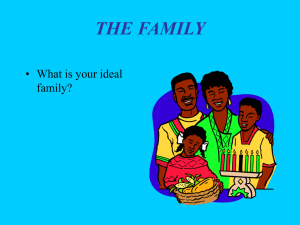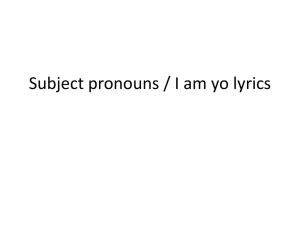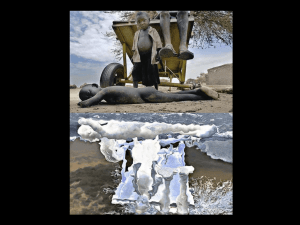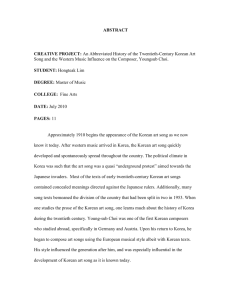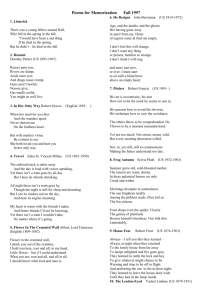Jemangmaega 제망매가(祭亡妹歌)
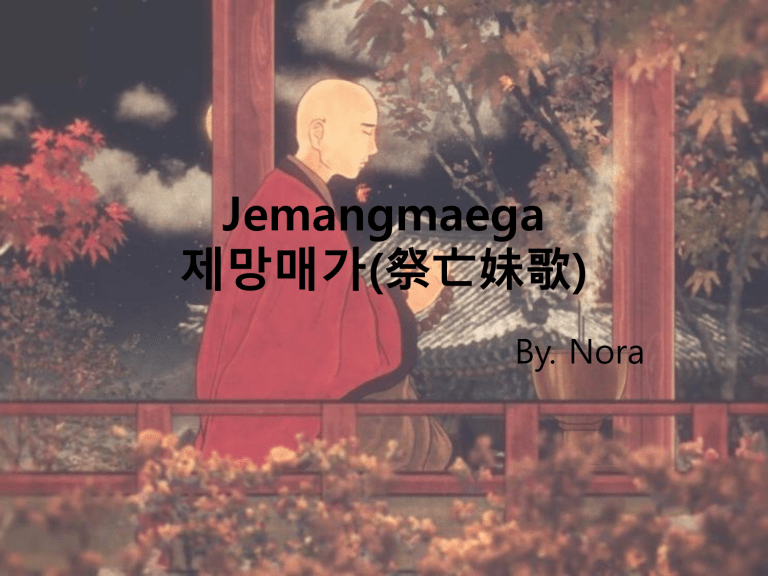
Jemangmaega
제망매가(祭亡妹歌)
By. Nora
Korean Version
Original Version
生死路隱 ( 생사로은 )
此矣有阿米次盻伊遣 ( 차의유아미차힐이견 )
吾隱去內如辭叱都 ( 오은거내여사질도 )
毛如云遣去內尼叱古 ( 모여운견거내니질고 )
於內秋察早隱風未 ( 어내추찰조은풍미 )
此矣彼矣浮良落尸葉如 ( 이의피의부량락시
엽여 )
一等隱枝良出古 ( 일등은지량출고 )
去奴隱處毛冬乎丁 ( 거노은처모동호정 )
阿也彌 陁 刹良逢乎吾 ( 아야미타찰량봉호오 )
道修良待是古如 ( 도수량대시고여 )
Interpreted Version
삶과 죽음의 길은
이에 있음에 머뭇거리고
나는 간다는 말도
못 다 이르고 갔는가 ?
어는 가을 이른 바람에
여기저기에 떨어지는 나뭇잎처럼
같은 나뭇가지에 나고서도
가는 곳을 모르겠구나
아아 , 극락 세계에서 만나 볼 나는
불도를 닦으며 기다리겠노라 .
About 祭亡妹歌
• It’s classed as ‘Hyangga’ which is a type of Korean traditional songs.
• Written in 760 by Wolmyeongsa (月明師)
• Its title ‘祭亡妹歌(Jaemangmaega)’ means
‘the song about missing the dead sister’.
Story about 祭亡妹歌
In 790, Wolmyeong’s sister died and he performed an ancestral rite for his sister.
While he performed that, he made a song called ‘祭亡妹歌’ and sang it. While he sang this song, a strong wind blew up suddenly and it took a paper money for the dead people to the west.
What we can know?
In this song, the writer is sad for the early death of his sister and felt the brevity of life
, but he is not just sad for it, he tries to ove rcome that brevity by promise for the next l ife which is related to the religious will. For that, we can know that some people in the past tried to overcome the sadness and the brevity of life by their religious will.
